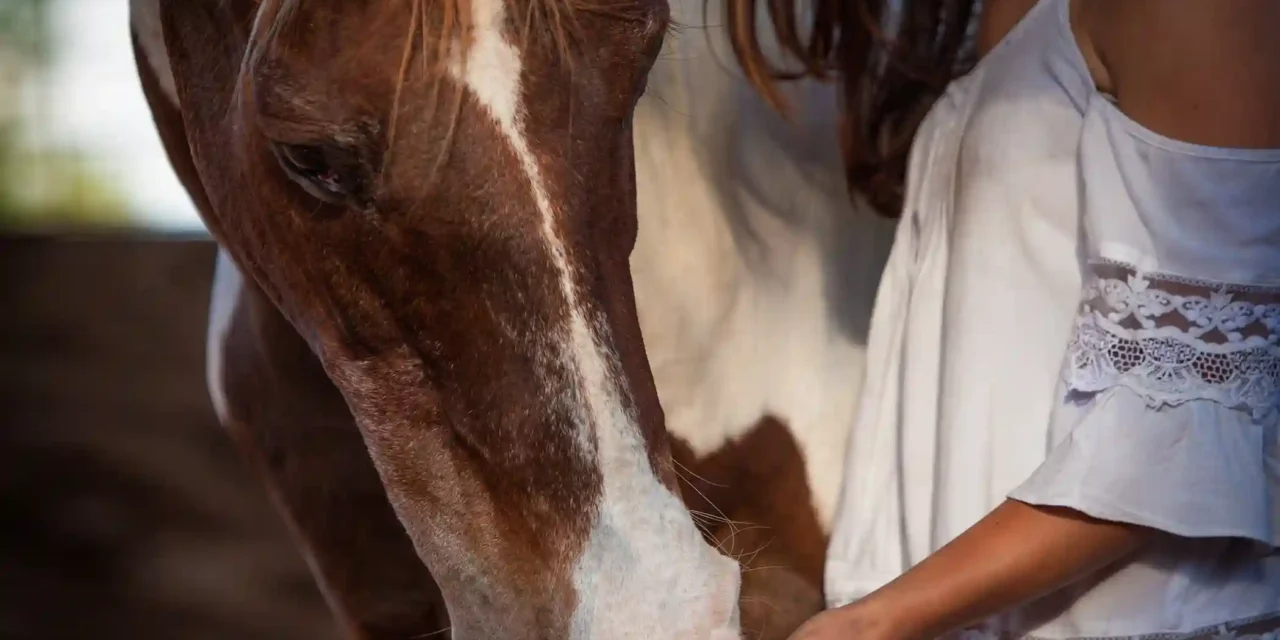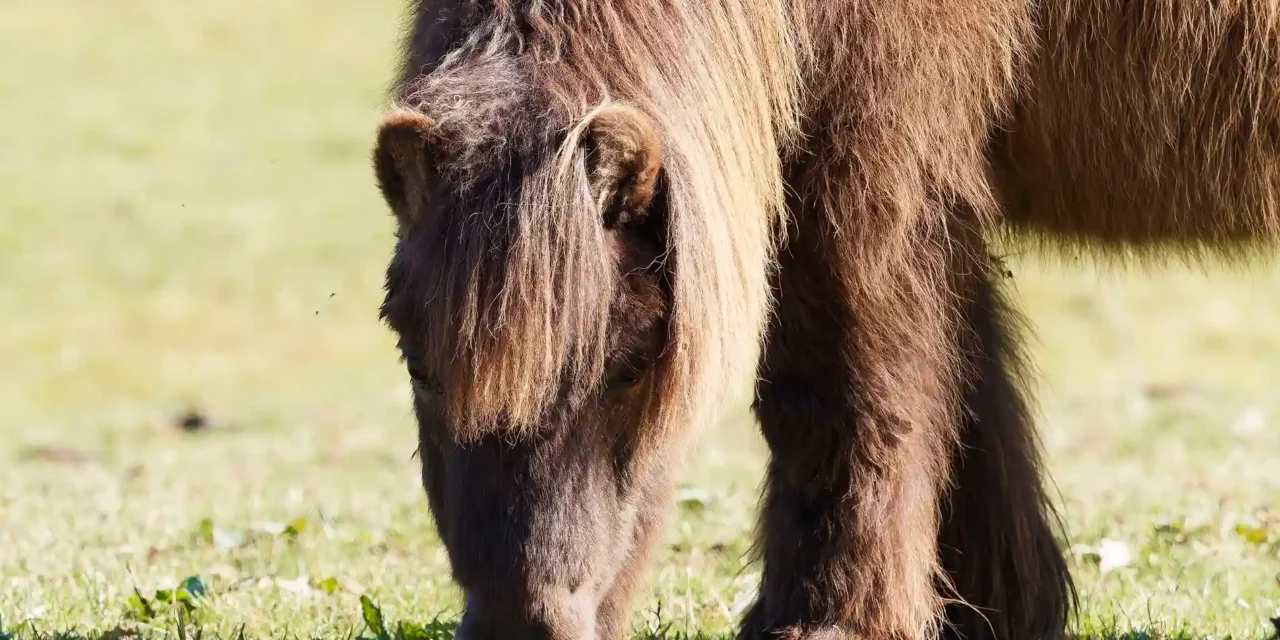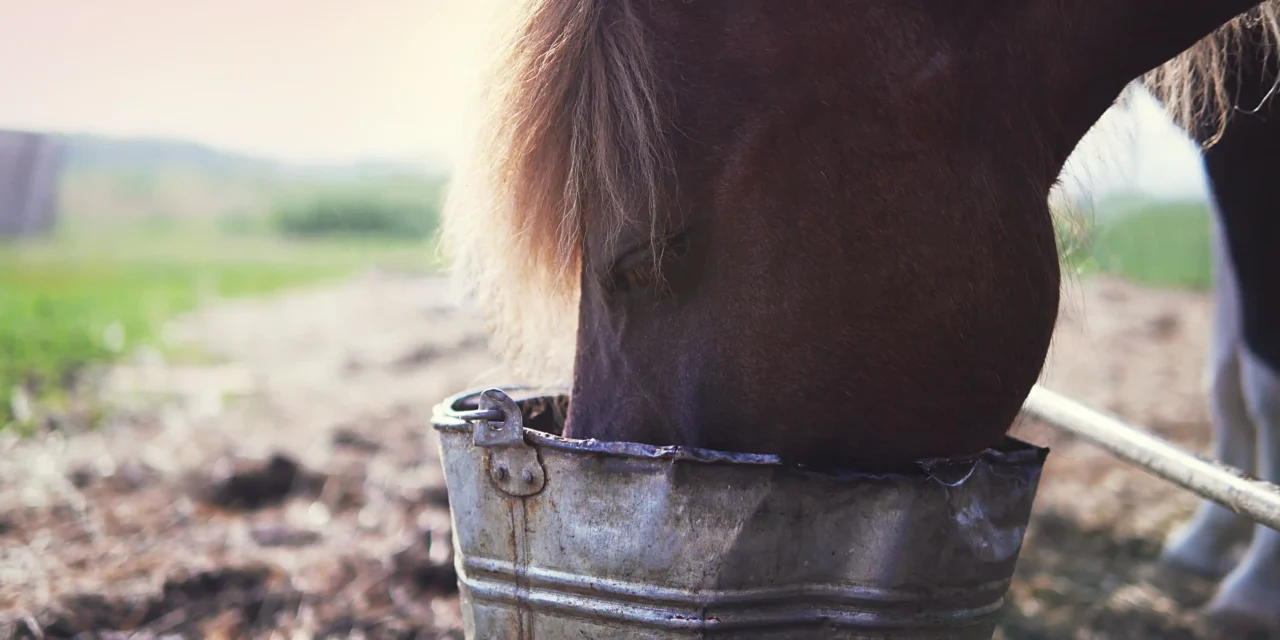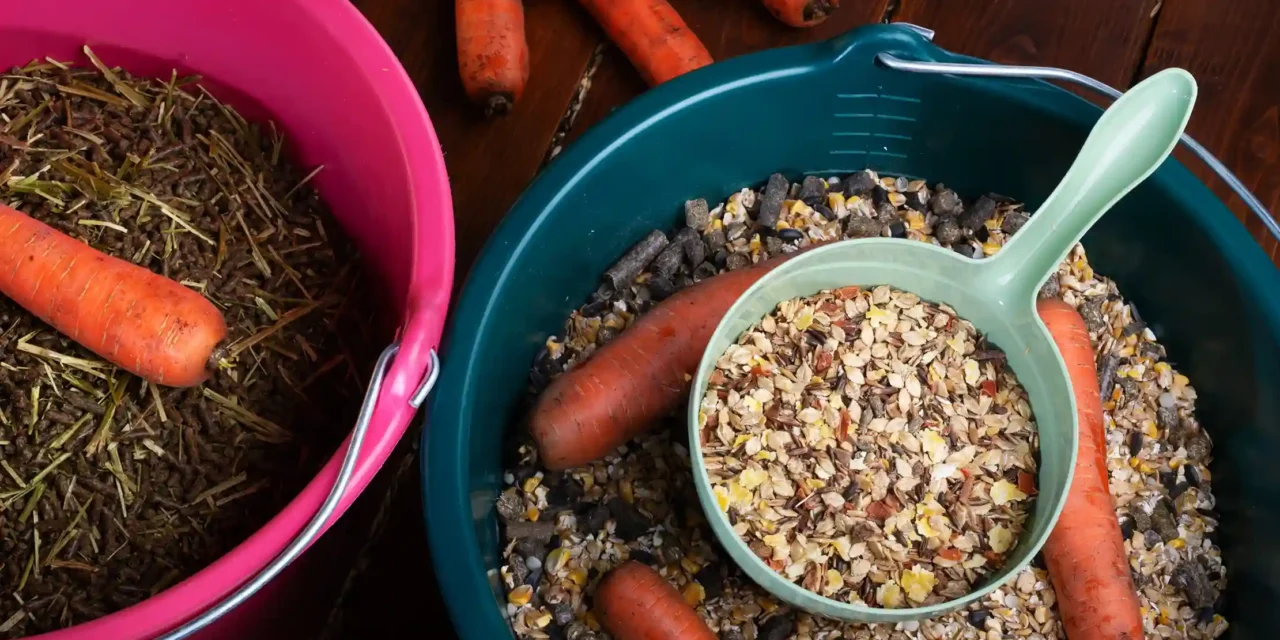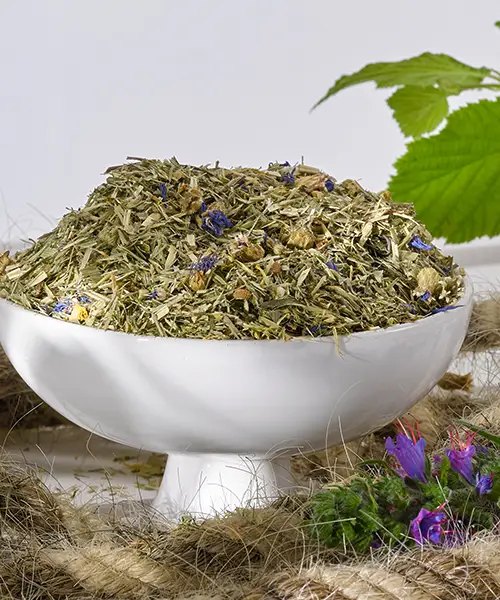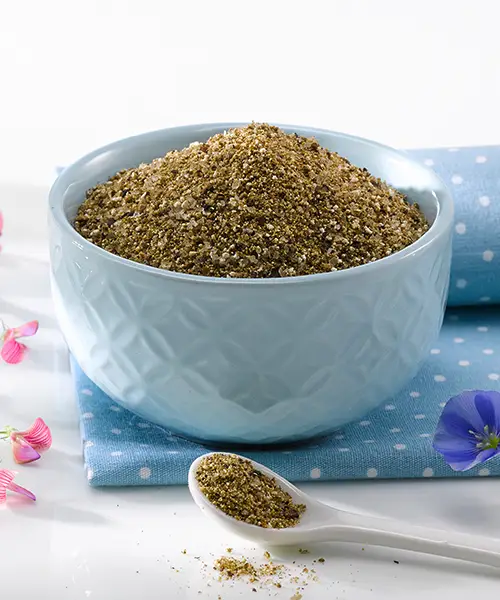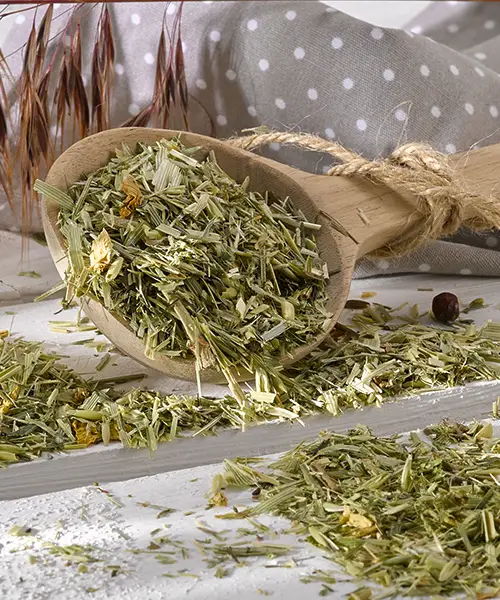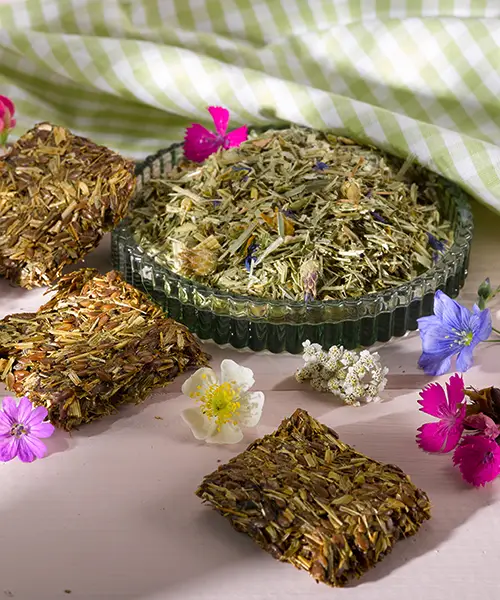Key points at a glance:
- Mental fitness remains important in old age
- Brain games are fun and keep horses active
- Clicker training is especially suitable for seniors
- Exercises need to be adapted to age and condition
- Regular training keeps both body and mind flexible
That older horses should stay physically fit is something most owners are well aware of. But mental fitness also plays an important role in healthy aging. After all, dementia is not just a concern for elderly humans! With the right kind of training, senior horses can remain not only physically, but also mentally agile – and enjoy themselves in the process.
The power of playful learning
Even though the grey faces and slower pace of our seniors might sometimes make us forget, inside every old horse there is still a curious foal. We can harness this natural curiosity to keep our retirees mentally active. The goal is not complicated lessons or exhausting workouts, but playful learning that brings joy – with a reward waiting at the end.
Clicker training has proven especially effective for this. This method of learning relies on positive reinforcement and makes it easy for horses to acquire new behaviours. The distinctive clicking sound marks the exact moment of the desired action and signals that a reward is on the way. This clear feedback helps even older horses understand what is expected of them.
From Simple Games to Complex Tasks
Training usually starts with very simple exercises. This could be touching a target, lowering the head, or following the handler’s hand. These basic exercises build trust and help the horse understand the principle of clicker training. Gradually, more complex tasks can be introduced.
It is important to progress in small steps. Each new exercise should be broken down into easy sub-steps, which are then practiced one after the other. This prevents the horse from becoming overwhelmed and keeps motivation high. Seniors often need a little more time than younger horses – but the lessons they learn tend to be especially well anchored.
New Perspectives in Everyday Life
The exercises learned can easily be integrated into daily routines. Whether it’s bringing the halter, stepping onto a pedestal on their own, or performing small tricks – these new skills are not only fun, but also serve a practical purpose. They make everyday handling easier while giving horses the rewarding feeling that they are still capable of accomplishing something.
Particularly valuable are exercises that challenge both body and mind at the same time. This could include crossing different ground obstacles, backing up through a course, or solving simple puzzles such as opening easy mechanisms. These activities don’t just stimulate the brain – they also improve coordination.
Breaking the Power of Routine
Many older horses have settled into their daily routines. While this gives them a sense of security, it can also lead to mental under-stimulation. Small brain teasers break this routine in a positive way. They provide variety and fresh challenges without overwhelming or unsettling the horse.
The key is to find the right balance between the familiar and the new. While one senior may eagerly dive into every new task, another may need more time and encouragement. It is important to respect each horse’s individual pace and to introduce new stimuli gently.
The Social Component
Brain training is especially enjoyable in a group setting. When several horses practice together, a positive learning atmosphere often develops. Horses can learn from one another and motivate each other. It is important, however, that there is no sense of competition – each horse should be free to learn at its own pace.
Shared success also creates connection. When one horse masters a new task, everyone involved often celebrates together. This positive atmosphere not only contributes to learning success, but also strengthens social bonds within the group.
The Right Timing
Training sessions should be scheduled for relaxed moments. Early mornings or late afternoons often work well, when horses are rested and receptive. The sessions themselves should be short and positive – better to have several brief moments throughout the day than one long session.
It is also essential to pay attention to daily condition. Some days seniors are bright, alert, and eager, while on others they may be tired and less focused. Training should be adjusted accordingly to avoid overexertion.
With the right balance of physical and mental activity, our senior horses stay not only physically fit but also mentally fresh. Training is not only fun, it also strengthens the bond between horse and human and gives seniors new perspectives for a fulfilling retirement.
You can find more on the topic of clicker training here: Clicker Training
And further information about senior horses is available here: Senior Horses

